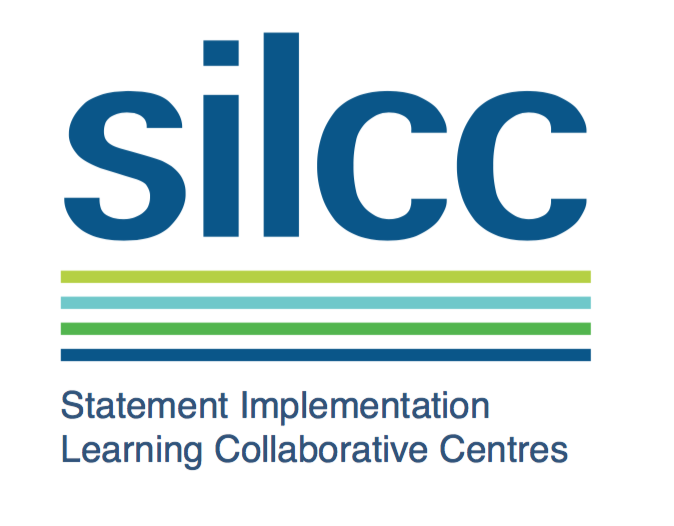"Procurement should be according to the medicine formulary and informed by the formulary selection process. A robust process should also be in place to appropriately procure medicines not included in the formulary where their use is indicated for the safe and effective care of individual patients."
What does it mean for patients? Patients can rely on the medicines available in hospital because they are all assessed by experts for patient safety, appropriateness and cost effectiveness in accordance to the best national and international practice. All members of the care team are well informed about the medicines used in the hospital.
What does it mean for healthcare professionals? Doctors and nurses must be aware that there is an agreed list of medicines (formulary) within the hospital which have been approved for use. Medicines that are not on the formulary, but considered necessary for the patient ́s treatment, can be submitted for consideration, assessment and addition to it. The assessment process will be undertaken in an ethical and professional manner. The pharmacist will procure medicines in accordance with the evidence-based decisions of the Drug and Therapeutics Committee (DTC)
What does it mean for Hospital Pharmacists? Hospital pharmacists should establish procedures for procurement based on the hospital formulary. There should be appropriate procedures in place to assess medicines for addition to the formulary. The assessment process should be undertaken ethically and fairly.Hospital pharmacists as part of the Drug and Therapeutics Committee (DTC)must provide all the relevant information to the committee and manage the practice changes that arise from the committee decisions. This will be measured by the change management process and clinical audits.
 The Tyne and Wear NHS Foundations Trust Hospital is SILCC Host providing training on this Statement. Please learn more about the SILCC programme here.
The Tyne and Wear NHS Foundations Trust Hospital is SILCC Host providing training on this Statement. Please learn more about the SILCC programme here.










